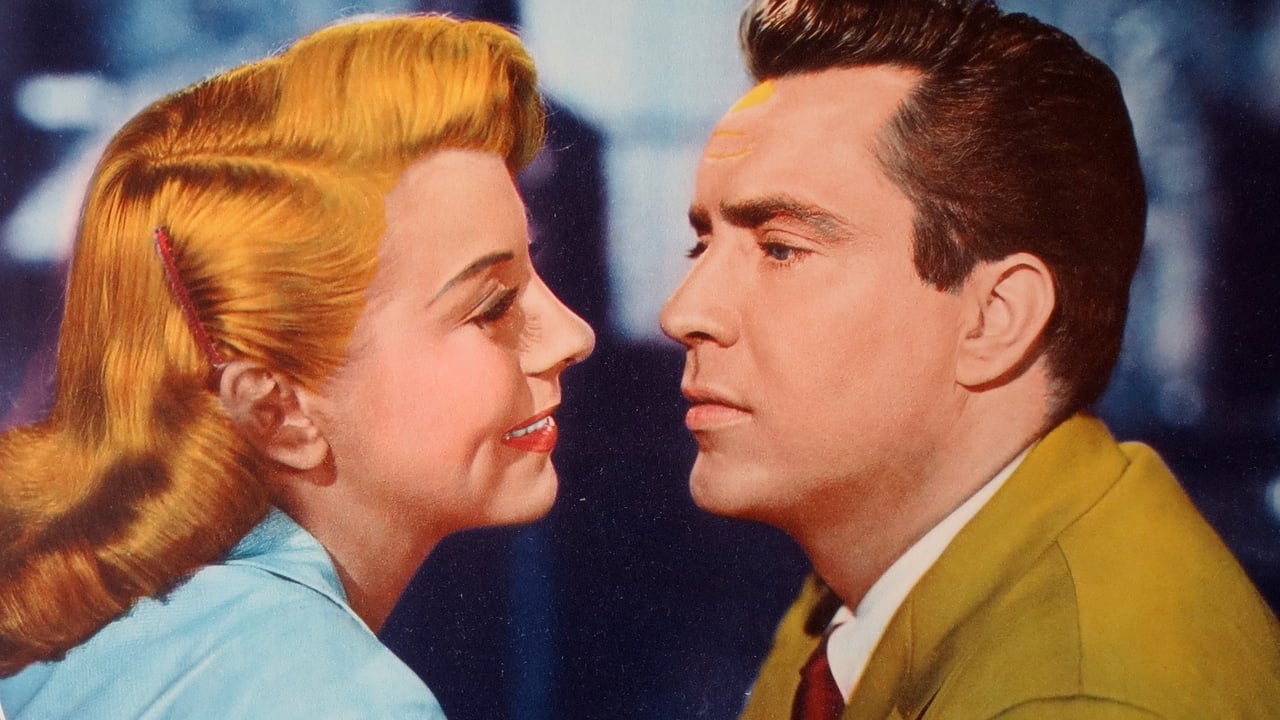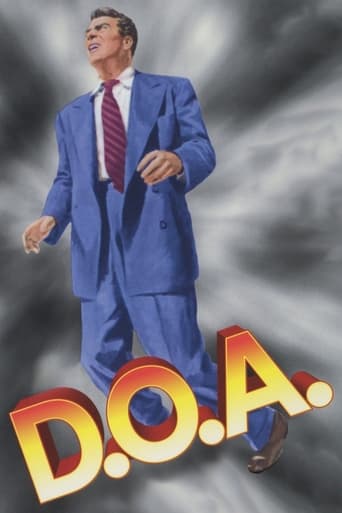BlazeLime
Strong and Moving!
Griff Lees
Very good movie overall, highly recommended. Most of the negative reviews don't have any merit and are all pollitically based. Give this movie a chance at least, and it might give you a different perspective.
Lidia Draper
Great example of an old-fashioned, pure-at-heart escapist event movie that doesn't pretend to be anything that it's not and has boat loads of fun being its own ludicrous self.
Winifred
The movie is made so realistic it has a lot of that WoW feeling at the right moments and never tooo over the top. the suspense is done so well and the emotion is felt. Very well put together with the music and all.
amerlyn
Interesting idea and should have been done better. Poorly written. Pacing very inconsistent throughout. Sequences go on and on, for no good reason, but tighter cutting would have made an already short film even shorter. Often sequences, such as the night-club near the beginning, go on and on and become boring. Likewise the hotel convention goer business is too long and repetitive. The wolf whistle business jerked the viewer out of the film and was a reminder of slip-whistles in Laurel and Hardy films. The Neville Brand (usually a reasonably solid character player) psychotic character is so overdone, as to be laughable. The whole thing gives the impression of being hastily and drastically cut. This is not one of Edmund Obrien's better films. In my opinion, not even close to Siodmaks' "The Killers". Big disappointment. I kept watching thinking it would improve but it never did. An interesting plot idea which should have made a much better film.
gavin6942
Frank Bigelow (Edmond O'Brien), told he has been poisoned and has only a few days to live, tries to find out who killed him and why.The New York Times, in its May 1950 review, described it as a "fairly obvious and plodding recital, involving crime, passion, stolen iridium, gangland beatings and one man's innocent bewilderment upon being caught up in a web of circumstance that marks him for death". O'Brien's performance had a "good deal of drive", while Britton adds a "pleasant touch of blonde attractiveness".I do not know if it is "obvious", but i hardly found the film "plodding". This has to be one of the better film noir stories out there, and certainly among the best of its time. It should not be surprising that the film is preserved by the Library of Congress. This seems like a story that would be very influential. (Strangely, of all things, it reminds me of "Who Framed Roger Rabbit".)
GeoPierpont
Talk about breathless! I had great trouble imagining a hung out to dry, tired middle-aged man become super human after ingesting poison, albeit 12 hours ago! This gent flys through airports, turnstiles and crowded streets like nobody's business. He is desperate for answers but refuses to tell anyone why, why? Most likely to frustrate and annoy the audience and admittedly with great success.They sure do know how to dress and singly identify the bad guy with the hip houndstooth scarf and matching hat, what a stylish combination! And lest we forget the 'knife in the belly' lover evil henchman whose bug eyes were prominent scene stealers during the entire joy ride. This type of schtick was the underbelly of the script and truly laughable. The kazoo sound effect to appreciate the conference female clientele says it all.Every time that syrupy sweet girlfriend attempts to flash her independence, there she is smothering him to no avail. The only person who seemed rationale was the police officer who made the final declaration of D.O.A. and for all that matters a designation for this script!Moderate recommend for directing the peripatetic poisoned prisoner. Look for the documentary "Poisoned by Polonium" for a more accurate portrayal of film noir and censorship.
evanston_dad
It was not uncommon for films noir to begin with narration by a dead or dying man; think of William Holden's voice over narration as we see him floating dead in a swimming pool at the start of "Sunset Boulevard," or Fred MacMurray's confession while nursing a bullet wound in "Double Indemnity." But "D.O.A" is the only noir I've seen about a dying man solving the mystery of his own murder.That dying man is played by Edmond O'Brien in a marvelously sweaty performance. His character takes a break from the small legal services business he runs to spend a couple of days in San Francisco, enjoying some extra-curricular female activity out of sight of the girlfriend back home who's pressuring him to marry her. While in that most noirish of noir cities, he's poisoned one night in a jazz club, collateral damage in a tangled criminal plot that finds the plot's mastermind doing away with anyone who could serve as a witness. I spent some time trying to unravel the plot itself, but quickly gave up. As with most movies like this, the specifics don't much matter. All you need to know is that some really bad guys are up to no good, and O'Brien's character is caught up in their misdeeds through a dumb twist of fate -- he notarized some bills of sale that could link the criminal to his activities. You might think that the film would be about O'Brien racing the clock to find his killer, discovering in the last minutes that there's an antidote that can save him and give us a happy ending. But you'd be wrong. This is a dark, cynical noir -- O'Brien is dead from the moment he ingests the poison, and his actions for the rest of the movie are those of a drowning man frantically trying to save himself because he doesn't know what else to do with his final moments on Earth."D.O.A." looks like it was made for about five bucks, but it nevertheless managed to line up some formidable talent behind the screen. The director was five time Oscar nominated cinematographer Rudolph Mate, while the actual cinematography was provided by Ernest Laszlo, who would go on years later to win an Oscar himself. Dimitri Tiomkin provided the musical score, and while the music has been criticized for being at odds with the film's tone, I thought its at times jaunty incongruity added to the off-kilter mood of the film.Grade: A-

